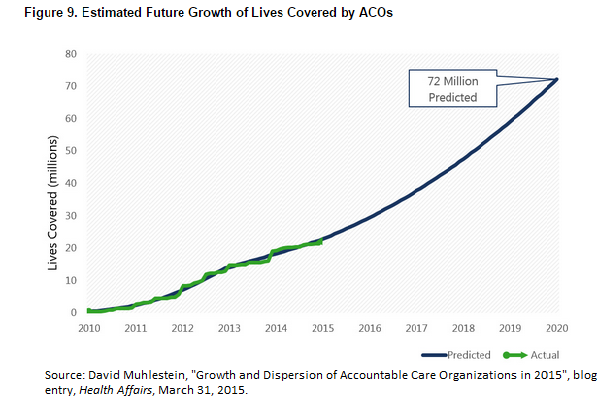Chief Actuary Blows Away Make-Believe Medicare “Doc Fix”
A similar version of this Health Alert appeared at Forbes.
On March 25, the U.S. House of Representatives voted for a fiscally irresponsible so–called Medicare “doc fix” that will add $141 billion to the deficit over the next ten years, according to the Congressional Budget Office (CBO). The U.S. Senate will likely vote on the bill later today, and the same lobbyists who dragged Obamacare into the end zone in 2010 are hoping for another win. This one will be even better, because it will be bipartisan.
Nobody denies the way Medicare pays doctors today is flawed. Every year, Congress has to increase the scheduled amount of money because if it did not, fees would drop by about one fifth. Many doctors would stop seeing Medicare beneficiaries.
There are two major differences between this so-called “fix” and previous ones. The first one is real: Previous increases have been offset by cuts to other government spending, and this one is not. The second one is fiction: That this doc fix is a permanent solution to the fee problem.
That fiction was debunked last week in a report published by Medicare’s Chief Actuary.



